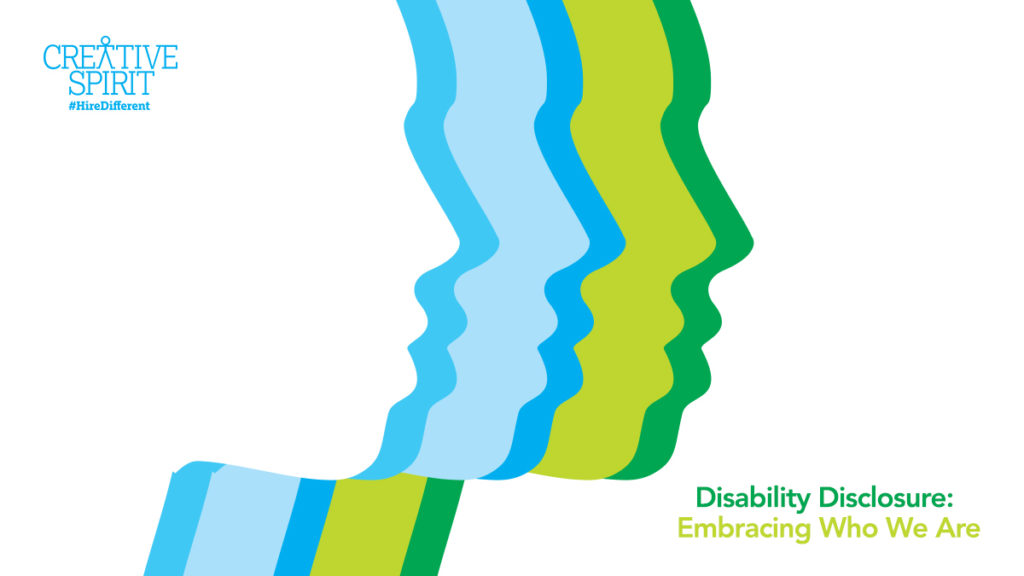By Menachem Rephun, Communications Manager Creative Spirit and Self Advocate, and Joanna McElnea, Community Manager Creative Spirit and Self Advocate

“Disclosing a disability to an employer enables a person to live one’s life authentically and be able to bring one’s whole self to work. Hiding a disability takes… energy that could be better spent elsewhere, like doing one’s job.” Kathy Flaherty, executive director of the Connecticut Legal Rights Project, 2019
If you live with an invisible disability like dyslexia, autism, or ADHD, you might have reservations about disclosing it to your employer. While the decision is completely up to you, disclosing your disability has many advantages, including taking a huge weight off your shoulders and allowing you to invest your energy more productively in other areas and letting you know in advance whether a role is a right fit for you. Knowing that approximately 12.7% of Americans have a visible or invisible disability and that disability itself is not a bad word, can also be extremely confidence-building. After all, what could be more motivational than the huge number of successful, creative, talented people with disabilities? These include the late astrophysicist Dr. Stephen Hawking; painter Frida Kahlo; classical violinist Itzhak Perlman; President Franklin D. Roosevelt; and many more.
While hosting Saturday Night Live last year, Tesla CEO Elon Musk joined the growing list of movers and shakers with disabilities when he revealed his diagnosis of Asperger’s Syndrome. Musk’s disclosure was significant due to both the broad reach of SNL, and its potential to de-stigmatize disability, spreading awareness of the fact that people with disabilities can be highly successful and creative. Another celebrity who has gone Musk’s route is pop star Billie Eilish, who in 2018 revealed her diagnosis of Tourette’s Syndrome. In an Instagram post, Eilish poignantly explained that the reason for withholding her diagnosis was that she “never wanted people to think of Tourette’s every time they think of me.” This statement speaks powerfully to the countless people who would prefer not to be defined solely by their disabilities, along with those who are searching for acceptance and representation.
At times, finding that acceptance might seem elusive, though the past several decades have given rise to greater awareness and inclusion of people who are neurodivergent. Watershed legislation such as the 1990 Americans with Disabilities Act (ADA) has been foundational in setting a new precedent for inclusion and representation in public life. According to a report from Paul Burtner College of Dentistry, a 1991 Lou Harris poll found that “98% of individuals questioned believe that all people, regardless of one’s ability, should have an opportunity to participate in mainstream society. Furthermore, there was a strong sentiment toward increased employment of persons with disabilities; 92% polled believed that employment of persons with disabilities would be economically beneficial to society…these attitudes are in sharp contrast to the prevailing attitudes of the first half of this century.” More recently, a study this past year from the National Center for Biotechnology Information (NCBI) noted “a positive trend towards more strengths-based approaches for promoting acceptance and belonging for people with IDDs.” These reports, along with increasingly outspoken social justice advocacy for the rights of people with disabilities, suggesting that society is embracing a more open-minded attitude towards hiring people with disabilities.
Since 2017, Creative Spirit has been actively supporting this change. Our mission is to break down misconceptions and myths about people with IDDs that block employment, encouraging an appreciation of strengths, rather than focusing on challenges. As a 2013 Cornell University study notes, “It is important for employers to understand the inherent trade-offs for individuals with disabilities in making the decision to disclose, and to ensure that the benefits of disclosing outweigh the costs for the individual.” Companies can also benefit from disclosure through increased job satisfaction, more energy for innovation when employees feel comfortable being who they are, and better employee performance. Creative Spirit’s goal is to break down the stigma attached to disability and to help our candidates develop the confidence to succeed in the workplace. Whether you’re a CEO, HR professional, or hiring manager, you can aid this important work by creating a safe and accepting work environment for disclosure, encouraging your organization to prioritize hiring people with disabilities, and sharing Creative Spirit’s partnership opportunities that will help your team’s successful transition with tried and true best practices. Connect with us today!
Sources:
https://link.springer.com/article/10.1007/s10672-013-9227-9
https://paul-burtner.dental.ufl.edu/oral-health-care-for-persons-with-disabilities/societys-attitude-toward-people-with-disabilities/
https://www.ncbi.nlm.nih.gov/pmc/articles/PMC7326393/
https://www.nytimes.com/2019/07/10/smarter-living/disclose-disability-work-employer-rights.html






